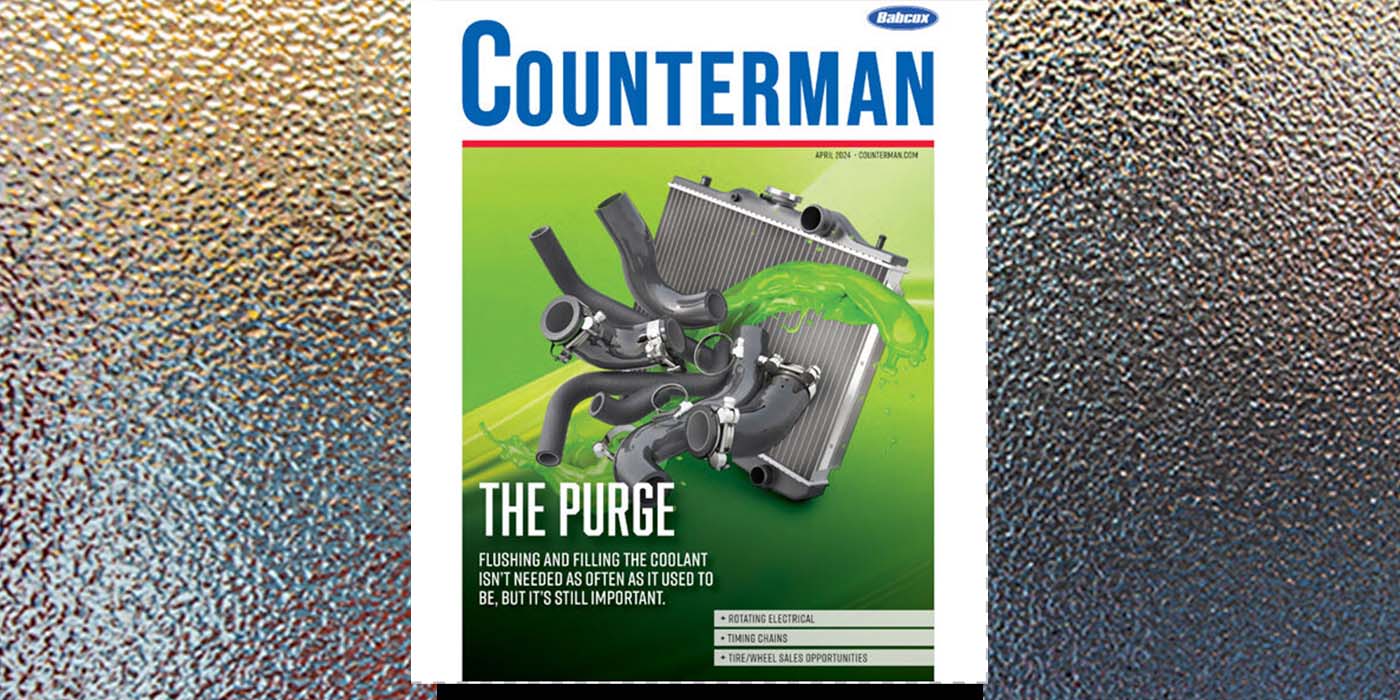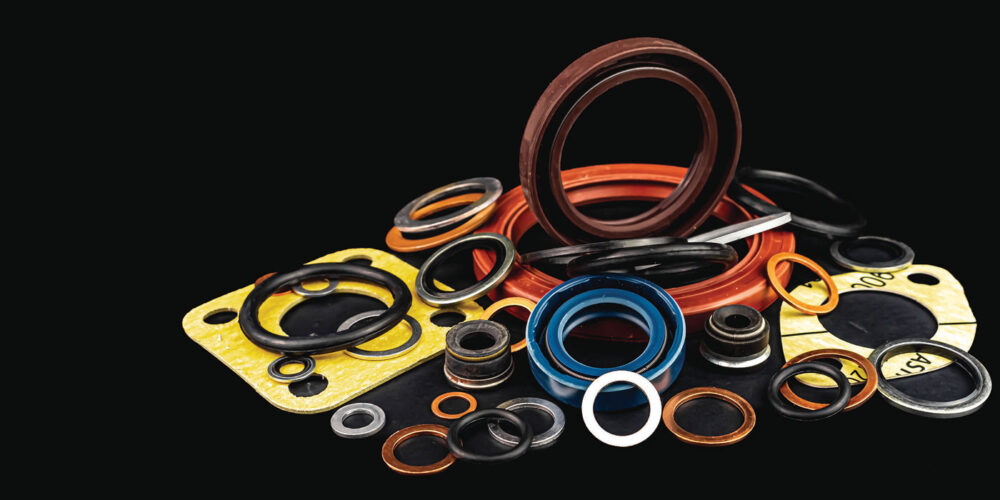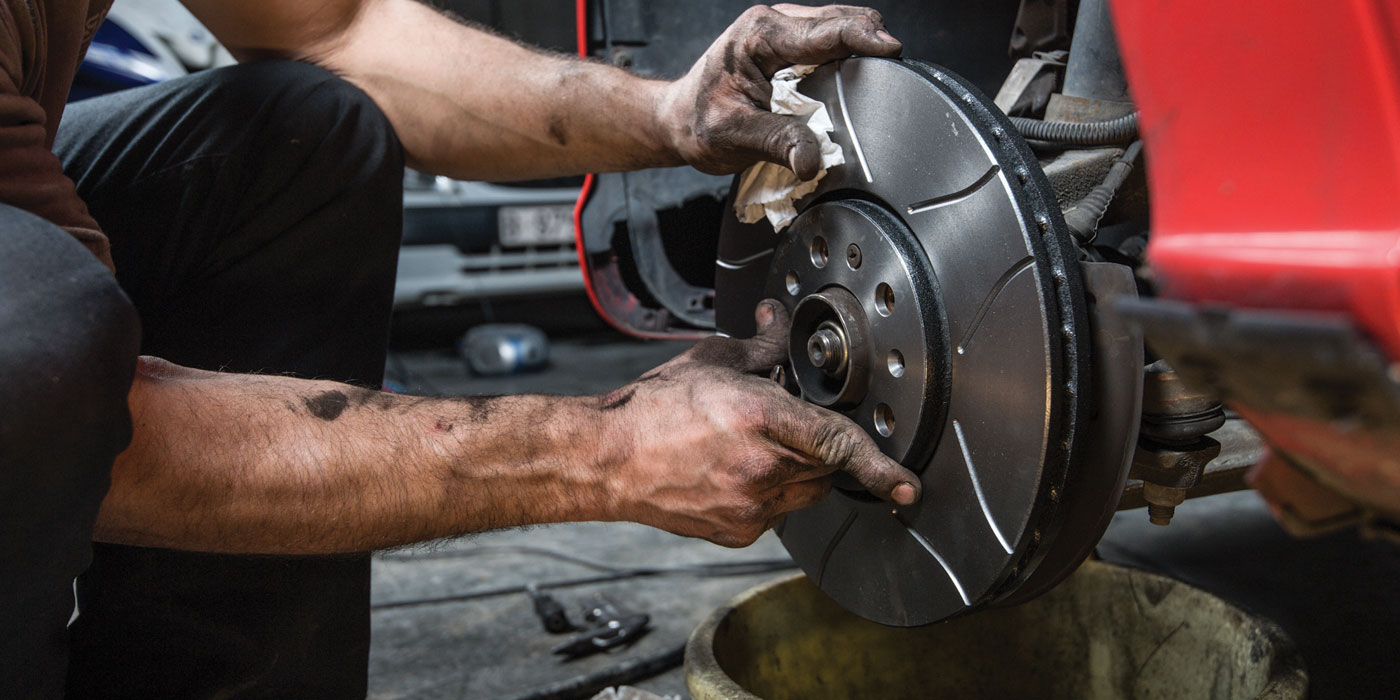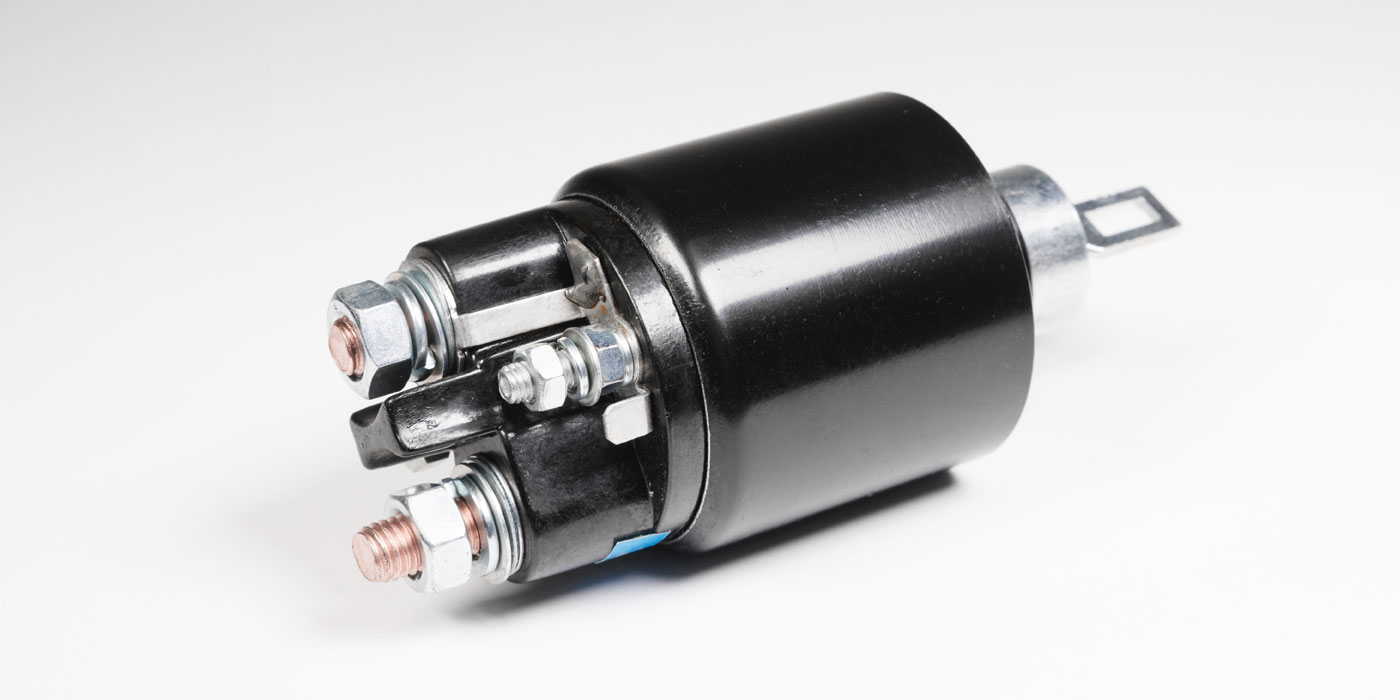A full charging system test needs to be performed on the vehicle. Most “starter problems” are actually lack of usable current at the starter caused by electrical resistance from battery conditions or poor connections. Worn, damaged ring gear teeth can also account for problems that appear to be a starter not engaging fully.
Jim O’Neill
Chino Autotech Inc., Auto Club SoCal AAR
SAE Int’l SoCal Section Board of Governors
Vice Chair, Service Technology Programs
NASTF Service Information/Communications Committees
Auto Value/Bumper-To-Bumper CSC Nat’l Council
ASE CMAT-L1, CA. Smog Check Technician
AMI AAM Accredited Automotive Manager
This is a never-ending question and story. Opinions vary a great deal with no real answer. Depending on whom you talk to, bench testers go through a variety of tests that are almost perfect and tell if the starter is working properly or not. However, on the bench it’s not spinning an engine that is imperfect in every way.
A starter is nothing more than an electric motor with an actuator attached in some way to engage the starter drive, which in turn engages the flywheel of the engine and spins it. The engine has compression on it that puts restriction on the starter. This is where we and the customer begin to have problems.
The bench test will not show all the problems that exist on the vehicle, such as weak battery, corroded battery cables, loose connections, corroded connections, etc. So it is very hard to explain why the bench tester is not as accurate as it is suppose to be. But it still does not take all of these scenarios into account.
The enigma is that you give the customer a new starter and it works for awhile and then they come back not satisfied. The real question is why this happens. This can be because of various reasons but I think it is due to the new starter being well within operational tolerances and over time, the lack of perfection in the customer’s vehicle causes wear in the starter.
So, there really is no way to avoid yet another warranty on a starter.
Gerald Wheelus
Edgewood Auto Parts #253
Edgewood, Texas











